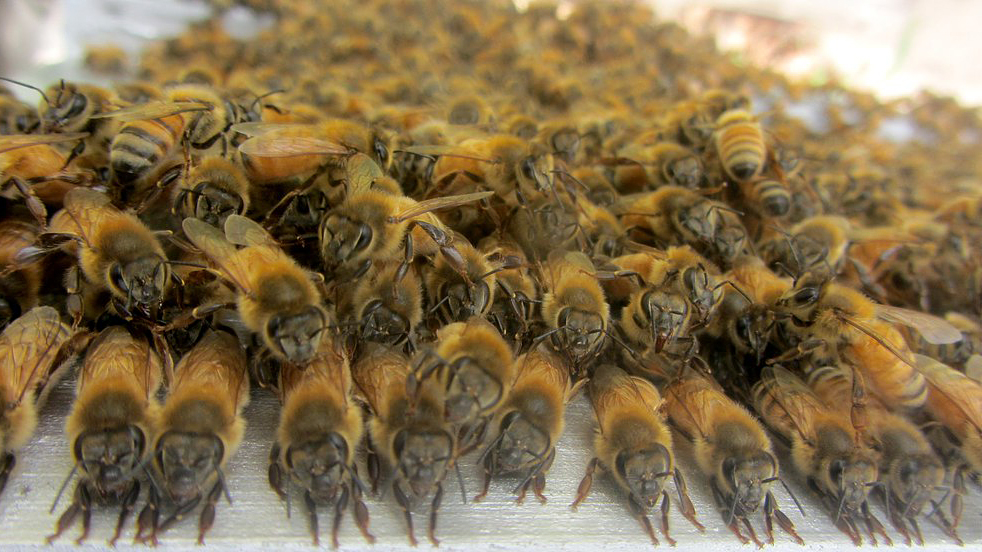research news
Archaeological Study Shows Human Activity May Have Boosted Shellfish Size
Survey Says: Genetics Affect Whether We’re Willing To Take Surveys
Microneedle, Quantum Dot Study Opens Door To New Clinical Cancer Tools
No Laughing Matter: Laughter Can Play Key Role In Group Dynamics
Researchers Find Gene Responsible for Neurodegenerative Disease in Dogs, Possibly in Humans
NSF Grant Funds NC State Research On Predicting Effects Of Climate Change
